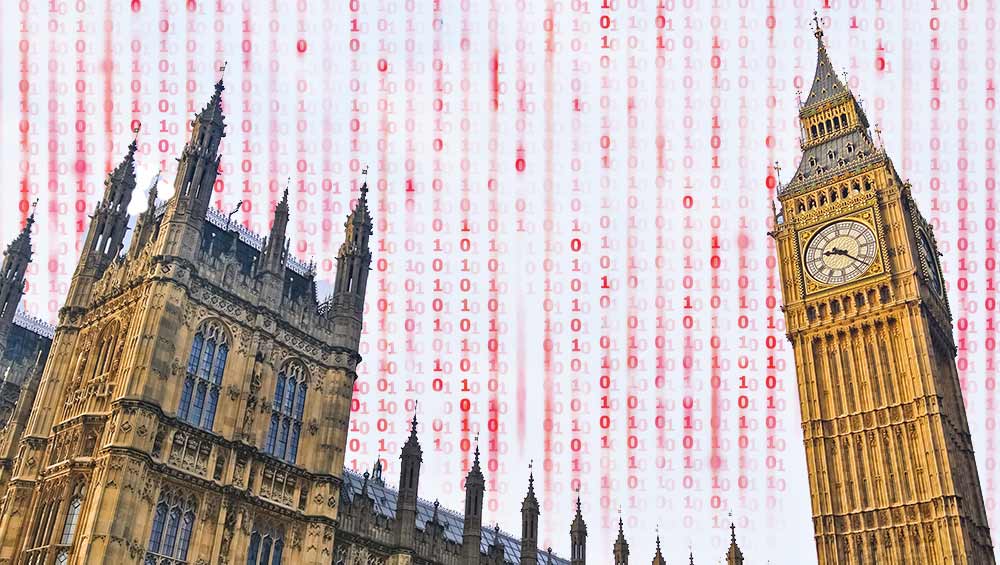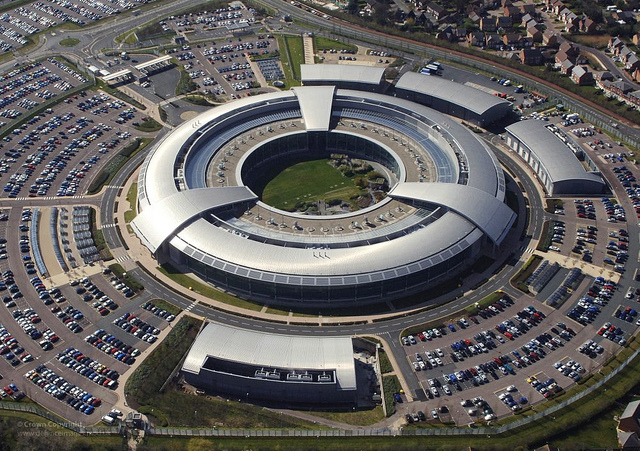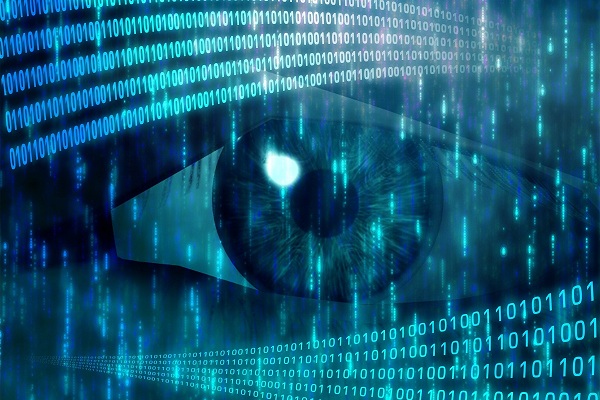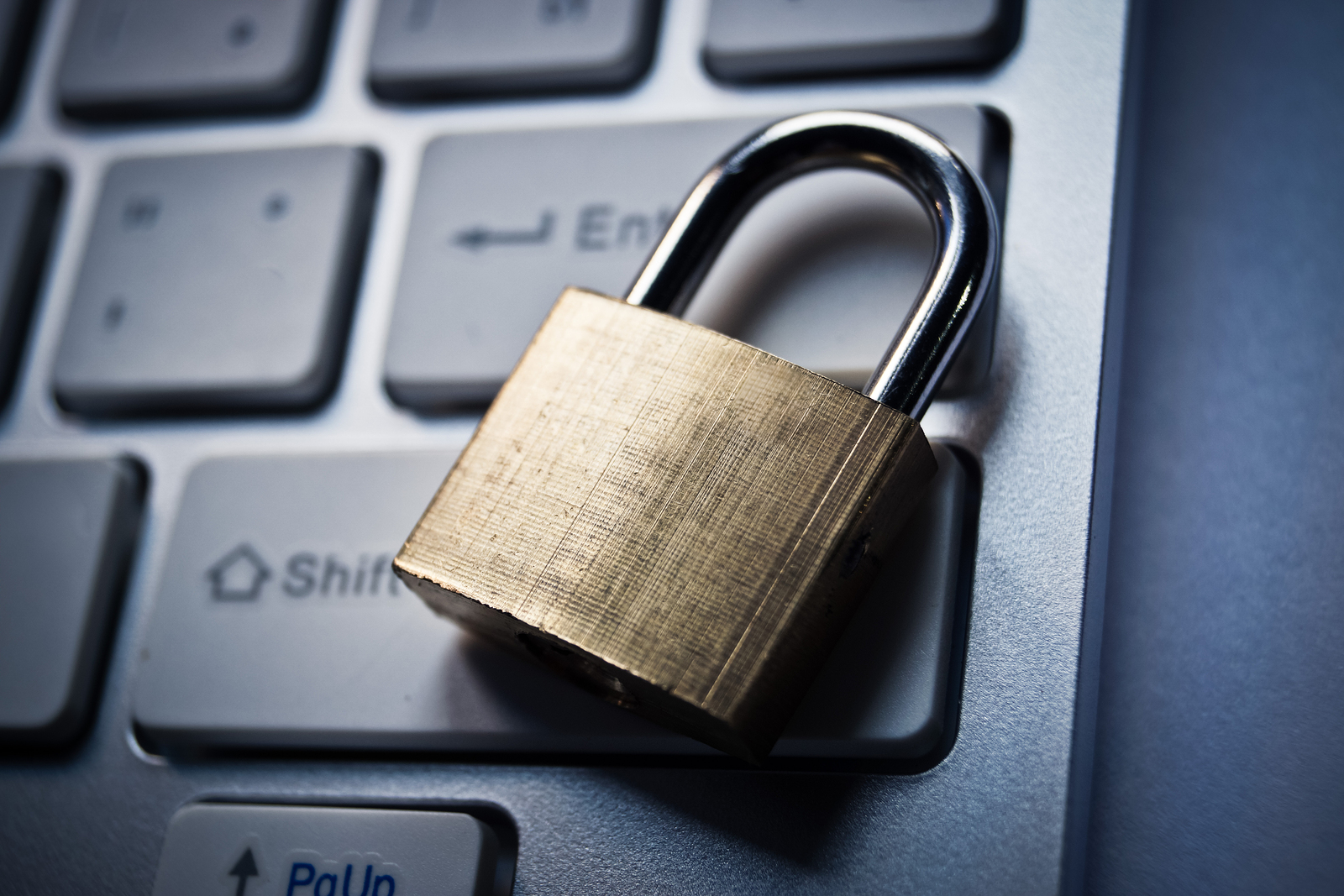444 MPs push Investigatory Powers Bill forward into House of Lords
House of Commons passes Snooper’s Charter despite privacy concerns

Sign up today and you will receive a free copy of our Future Focus 2025 report - the leading guidance on AI, cybersecurity and other IT challenges as per 700+ senior executives
You are now subscribed
Your newsletter sign-up was successful
Parliament voted overwhelmingly in favour of the Investigatory Powers Bill yesterday, with 444 MPs deciding to move it into the House of Lords.
Only the Scottish National Party, the Green Party, and the Liberal Democrats opposed the bill's third reading in the House of Commons with 69 votes.
It will now go through the same process in the Lords, and if passed, receive Royal Assent to become an act.
The bill, also known as the Snooper's Charter, proposes forcing internet service providers to store people's web browsing histories (a list of sites, not pages, they visit) for up to a year.
It would also see companies install backdoors' into their encryption to allow the government to access data a move much criticised by cybersecurity experts.
But Tory MP Dominic Grieve said: "The [Intelligence and Security Committee of Parliament] has always taken the collective view that this legislation is necessary, and that that necessity applies to bulk powers of collection."
While the majority of Labour MPs supported the bill, the SNP declined to back it over privacy fears.
Sign up today and you will receive a free copy of our Future Focus 2025 report - the leading guidance on AI, cybersecurity and other IT challenges as per 700+ senior executives
Anne McLaughlin, SNP MP for Glasgow North East, said: "When we are dealing with proposals that are so broadthe proposal is effectively for bulk data harvesting from mainly innocent citizensit is incumbent on the Government to prove that there is an operational case and that the powers are necessary, and to ensure that the safeguards in place are rigorous. The Government have neither proven the operational case for the powers nor have they delivered safeguards and oversight of sufficient calibre to make the powers justifiable."
Critics of the bill claim the government is trying to rush the bill through Parliament, with Tory backbencher David Davis saying the 300-page bill left MPs with five seconds to consider each line on the second reading.
Independent QC David Anderson is conducting a review into the bill's proposals and is expected to publish a report before the House of Lords considers the measures.
Grieve said: "We look forward to and will accept David Anderson's report, and will consider whether there are indeed any alternatives that might be advanced, but I have to say that, on the basis of everything that we have seen up to now, we believe that bulk powers are needed, although sensible and proper safeguards are required to ensure that they cannot be abused."
-
 Government 'must be held to account' over illegal Snooper's Charter
Government 'must be held to account' over illegal Snooper's CharterNews Gov should be given until April to make changes to the Investigatory Powers Act, court told
-
 UK faces challenges to bulk spying in European Court of Human Rights
UK faces challenges to bulk spying in European Court of Human RightsNews Privacy groups argue bulk data collection breaches Article 8 in landmark court case
-
 Liberty wins right to challenge Snooper’s Charter
Liberty wins right to challenge Snooper’s CharterNews Campaign group's crowdfunded challenge gets High Court go-ahead
-
 The government needs to abandon its war on WhatsApp
The government needs to abandon its war on WhatsAppOpinion Encryption might seem like an easy target, but mess with it at your peril
-
 “Deeply misguided”: tech industry rejects Rudd’s attack on encryption
“Deeply misguided”: tech industry rejects Rudd’s attack on encryptionAnalysis Experts warn that banning encryption leaves UK open to hackers
-
 The fight against the Investigatory Powers Bill isn't over yet
The fight against the Investigatory Powers Bill isn't over yetOpinion The Snooper's Charter may have been struck down - but it will be back
-
 Investigatory Powers Bill passes through Parliament
Investigatory Powers Bill passes through ParliamentNews Now only Royal Assent is required to enshrine Snooper's Charter in UK law
-
 GCHQ, MI5 and MI6 "unlawfully" collected data for over a decade
GCHQ, MI5 and MI6 "unlawfully" collected data for over a decadeNews Tribunal rules GCHQ, MI5 and MI6 surveillance breached Article 8 of the ECHR

